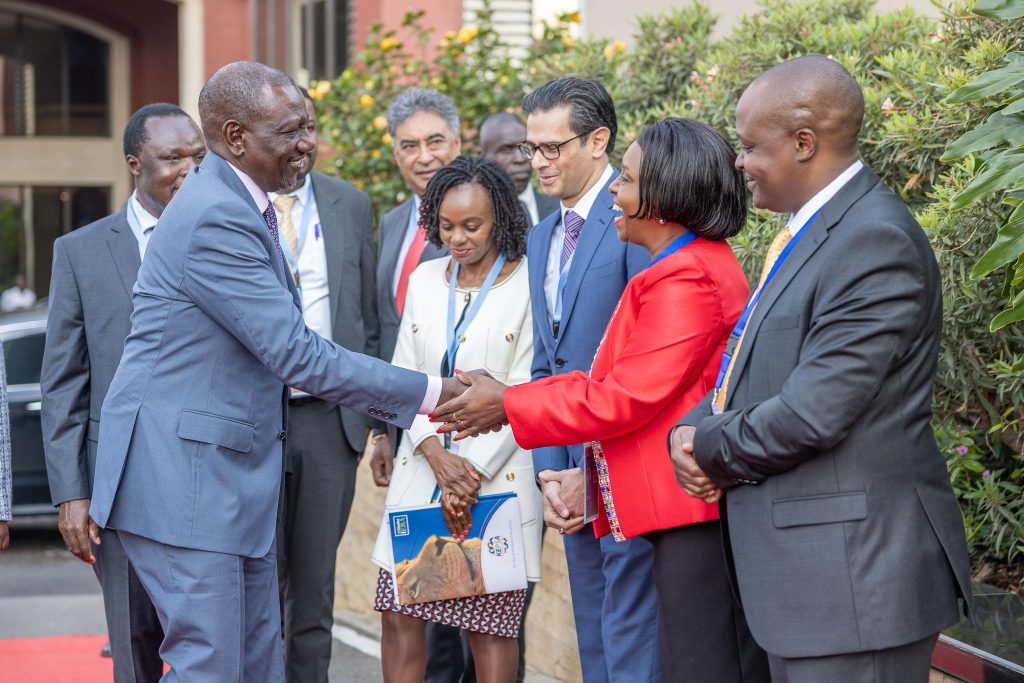
Kenya’s private sector leaders recently sat down with President William Ruto in a landmark roundtable that underscored a renewed spirit of partnership between government and business. The forum, which brought together players from key industries, culminated in a set of actionable commitments aimed at unlocking growth, improving competitiveness, and creating an enabling environment for enterprise.
President Ruto used the occasion to reaffirm his administration’s readiness to address issues that continue to hold back private sector performance. He emphasized that businesses are central to the country’s economic transformation agenda, driving job creation, innovation, and productivity in sectors ranging from agriculture and logistics to ICT and manufacturing. The message was clear: government reforms will only succeed if anchored in continuous dialogue with the business community.

The Kenya Flower Council (KFC) was well represented, with board chair Christopher Kulei, CEO Clement Tulezi, and COO Catherine Mukoko joining other private sector leaders at the table. Mr. Tulezi highlighted the burden exporters face from the Unique Consignment Reference (UCR) fee, which has long been a source of concern within the floriculture industry. In response, President Ruto directed the Cabinet Secretary for Investment, Trade and Industry to work closely with industry representatives to fast-track a resolution.
Other cross-cutting issues raised by the private sector included the high cost of air freight, persistent delays in VAT refunds, energy costs, and the strain of multiple overlapping taxes and levies. Each of these, participants noted, erodes competitiveness and limits the ability of Kenyan businesses to thrive in global markets. The President acknowledged these challenges and pledged government action to ease the regulatory and cost pressures facing exporters and manufacturers.
The roundtable stood out not only for the frank dialogue but also for the political will expressed at the highest level. It marked a shift from promises to practical steps, signaling that government is ready to match policy ambitions with concrete action. For the private sector, it was a timely assurance that their concerns are being heard and acted upon.
